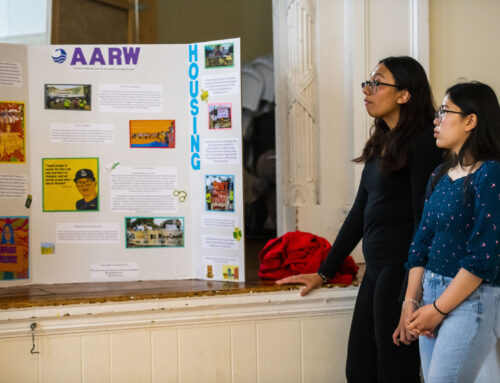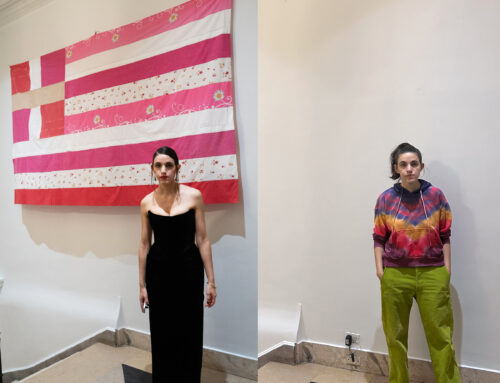“If you educate a man, you educate one person. One man gains the virtues to have dynamic conversations, lift societal pressures, and advance novel innovations. Yet, if you educate a woman, you bring light to a nation.”
This saying is often referenced in female-empowerment groups, yet it was the hallmark statement that opened the 69th session of the UN General Assembly. There, individuals and representatives paused and considered what this message meant: A woman nurtures her children—of all genders—thus passing on her sea of literacy and breadth of wisdom to generations after her, generations that devour her knowledge and work to advance society.
Giving all genders access to educational resources is not only morally right and upholds the notion of equality, but is also an economic investment. The education of women serves as a magic multiplier when it comes to spreading knowledge and promoting personal development. An educated woman is passionate and is better able to educate her own children who in turn will be more likely to school their children. Essentially, through educating women, the family will progress, become healthier.
An educated woman’s household is more likely to prosper as a result of inclined mental health and higher overall income. Invest in women and girls and the endless stream of benefits seems to flow for everyone around them. Yet, deny women and girls education and the whole community suffers. Women with a sound and thorough education will not only earn more, but will also stimulate the household and national economies. Female dominant issues of human trafficking, forced child marriage, and prostitution will diminish. Education creates a solid, stone-like foundation which enables women to crawl, step, and stride towards independence and self-love.

The notion of rewarding society by awarding females with education is deeply rooted in history and civilization. Fatima Mernissi, a Morroccan sociologist and writer, is considered to be one of the best known Arab-Muslim feminists. As an avid researcher who explores the relationship between sexual ideology, gender identity, sociopolitical organization, and the status of women in Islam, her specialized focus lies in challenging the dominant Muslim male discourse concerning female education. Her studies aim to provide a woman, silenced by patriarchy, with a voice to tell her own story and delineate her personal narrative—providing truthful realities of women who struggle against poverty, illiteracy, and sexual oppression.
Mernissi was inspired by the notion that Islam gave women their basic rights centuries before the West did. “Women in 7th century Arabia had rights not extended to most women in the West till recent centuries over 1,000 years later,” writes Huffington Post’s Jim Garrison.
Women in pre-Islamic Arabia were barred from fundamental civil rights; considered inferior to men, less than sons, and minuscule compared to brothers, women held very little control over marriage, education, and property. However, when Islam was introduced in the sixth century, female status soared, reaching unprecedented heights. Islamic law made the education of girls a sacred duty and gave women the right to own and inherit property. The new law conquered the barbaric practice of burying unwanted female newborns—condemning parents who were disappointed in the birth of female newborns. With the drastic cultural change, women were encouraged to learn and work from a younger age.
Through the uncovering of female education thousands of years ago, it is clear that educating women has always proved to be fruitful, not only for women but for society.
A woman uses her words to advocate. She uses her lips for truth and her voice to mesh kindness with empathy. Her ears for compassion, her hands for charity, and her heart for love. Knowledge in the hands of a woman can transform the world.




